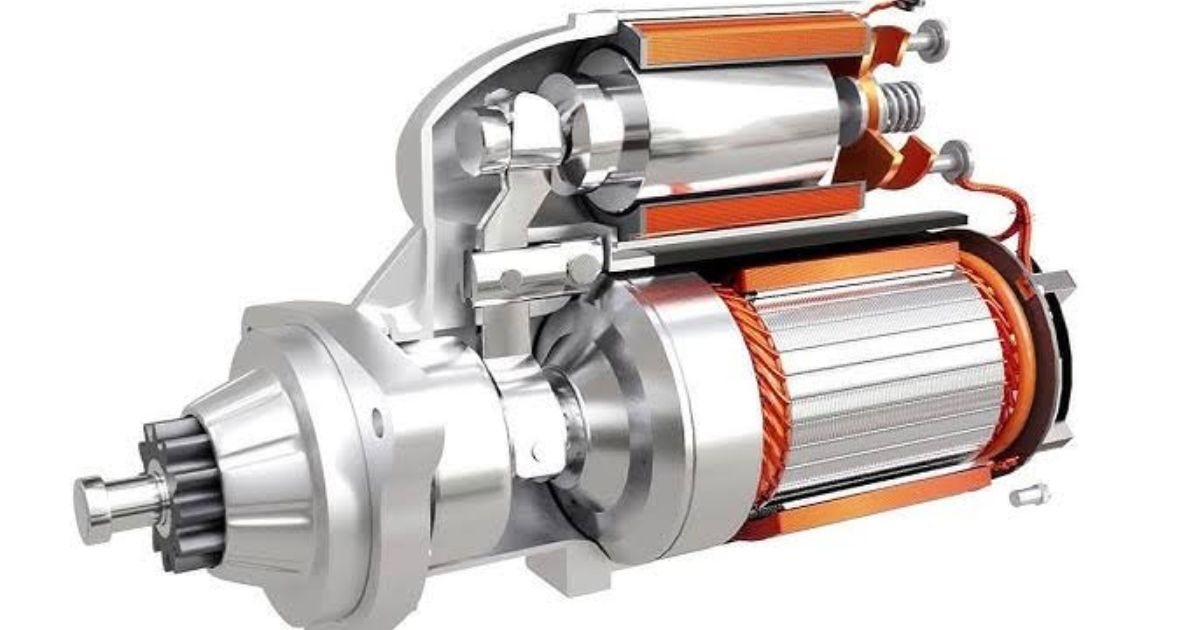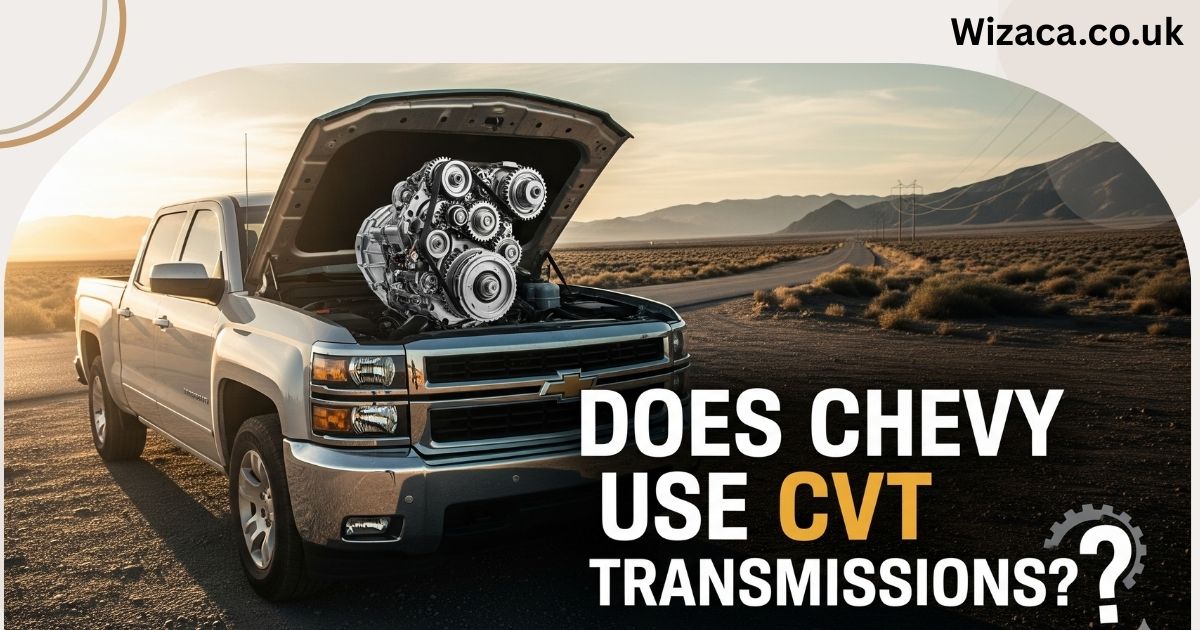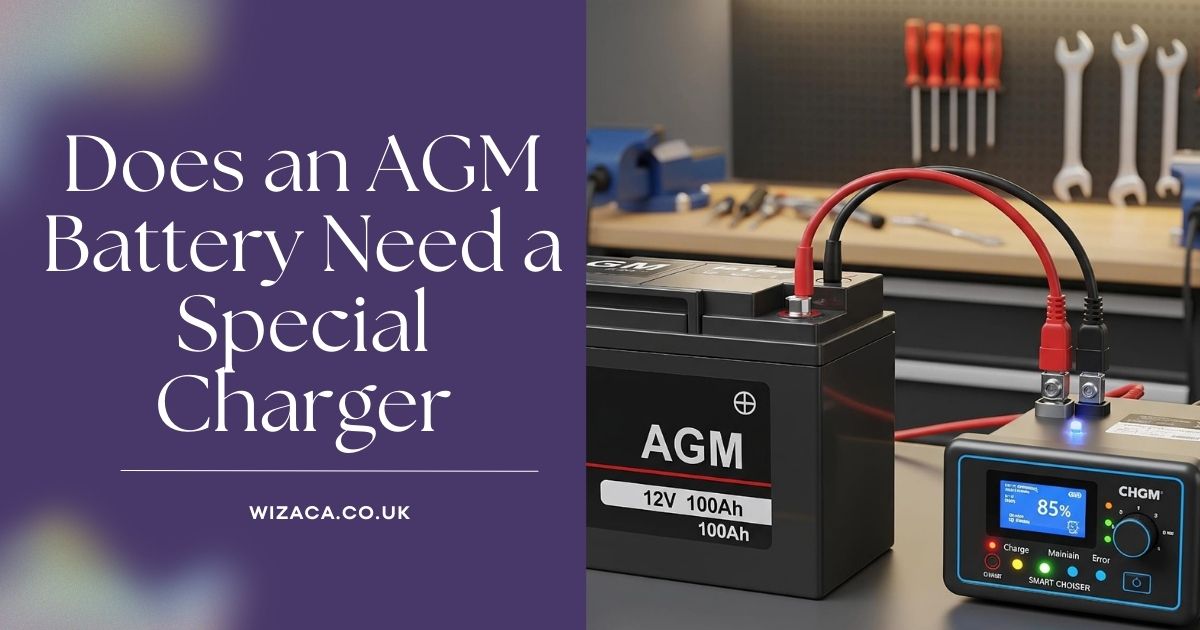The auto start-stop feature, commonly found in modern vehicles, automatically shuts down the engine when the car is idling (such as at a red light or in traffic) and restarts it when the driver is ready to move. This system is designed to improve fuel efficiency and reduce emissions by preventing unnecessary idling. However, one common concern among car owners is whether this feature could wear out the starter motor faster than usual. In this article, we will explore how the auto start-stop system works, its impact on the starter motor, and whether it causes premature wear.
How Does the Auto Start-Stop Feature Work?
The Purpose of Auto Start-Stop
The auto start-stop system automatically turns off the engine when the vehicle comes to a stop, such as at a stoplight, in traffic, or during other idle situations. Once the driver presses the accelerator to move again, the engine restarts almost instantly. The goal of this system is to improve fuel efficiency and reduce emissions by cutting down on engine idle time.
Components Involved
The auto start-stop system relies on a few key components:
- Starter Motor: This is the motor that restarts the engine after it has been turned off.
- Battery: A high-capacity, more durable battery is used to handle the increased demand caused by frequent engine starts.
- Control Unit: The system uses sensors and a control unit to detect when the vehicle is idle and when to restart the engine.
- Alternator: To ensure the battery remains charged, the alternator plays a key role in maintaining the electrical system.
Does Auto Start-Stop Wear Out the Starter Motor?
The Increased Frequency of Starting and Stopping
The primary concern with the auto start-stop system is that it causes the starter motor to engage more frequently than it would in vehicles without the feature. Traditionally, the starter motor only activates when the engine is first started, which may happen once or twice a day, depending on driving habits. However, with auto start-stop, the starter motor is used every time the vehicle stops and starts, potentially thousands of times a day.
The Impact on the Starter Motor
While it may seem like frequent use could cause the starter motor to wear out faster, modern vehicles are designed to handle the increased demand that comes with auto start-stop technology. Here are a few key points:
- Durable Starters: The starter motors used in cars with auto start-stop are specially designed to endure frequent engagement. They are generally more robust and built to handle the additional stress caused by the system. These starters are rated for much higher durability than conventional starters, as the system requires them to operate much more often.
- Improved Technology: Many vehicles equipped with auto start-stop technology have reinforced starter motors that are specifically built for the frequent cycles involved in the system. The design of these starters, along with advanced engineering, ensures they last as long as traditional starters, if not longer.
- Battery and Electrical System Upgrades: The vehicles with auto start-stop systems are often equipped with upgraded batteries and stronger electrical systems to support the additional strain. These batteries are designed to handle the quick power-ups and power-downs required by the system without negatively affecting other components, including the starter motor.
Real-World Data and Studies
In recent years, studies and real-world data have shown that the starter motor in vehicles with auto start-stop systems generally does not wear out any faster than in vehicles without this feature. The manufacturers have done extensive testing to ensure that the parts used can withstand the increased frequency of starts and stops, and so far, there’s no significant evidence suggesting that the starter motor experiences more wear.
Are There Any Risks to the Starter Motor?
Although modern starters are designed to handle the added stress of auto start-stop, there are still potential risks, especially if the system malfunctions or if the vehicle is not maintained properly:
1. Malfunctioning System
- If the auto start-stop system becomes faulty, it may engage the starter motor more frequently than intended, potentially leading to premature wear. In such cases, it’s important to have the system checked by a mechanic.
2. Weak Battery
- A weak or degraded battery can place added strain on the starter motor. If the battery is not capable of handling the frequent cycling, it could cause the system to malfunction, leading to starter motor failure. It’s essential to maintain the battery and ensure it’s in good condition to support the system.
3. Environmental Factors
- Extreme temperatures or harsh driving conditions may affect the performance of the starter motor and other components of the auto start-stop system. Regular maintenance and ensuring that your vehicle is prepared for the environment it’s being driven in can help minimize wear and tear.
Conclusion
In conclusion, auto start-stop systems do not significantly wear out the starter motor. Modern starters are designed to endure the frequent engagements required by the system, and the technology used in today’s vehicles ensures that the starter motor lasts as long as, or longer than, traditional starters. While there are some potential risks if the system malfunctions or if the battery is not properly maintained, in general, the auto start-stop feature is safe for the starter motor and provides the added benefit of improving fuel efficiency and reducing emissions.
If you’re concerned about the longevity of your starter motor, regular vehicle maintenance, including checking the battery and ensuring that the auto start-stop system is functioning properly, will help ensure that your vehicle continues to run smoothly.










